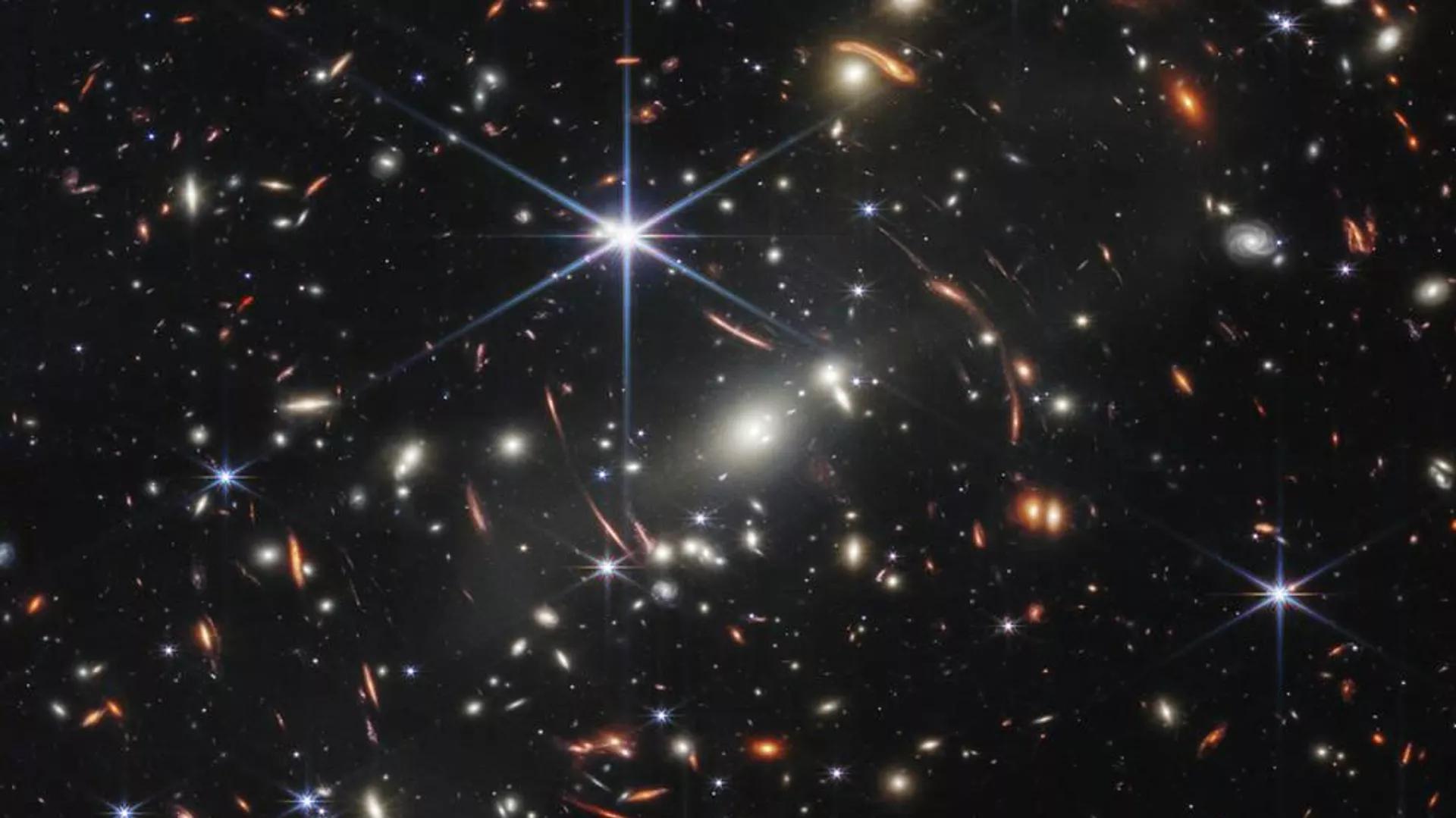Africa-Press – Sierra-Leone. The new finding by scientists has determined that the formation of disk galaxies are 10 times more common than what was initially believed by astronomers when reviewing data collected by the Hubble Space Telescope.
Astronomers have shattered conventional wisdom about galaxy formation after pinpointing an abundance of galaxies resembling our Milky Way in the early universe.
A global team of scientists, including researchers from the University of Manchester and the University of Victoria in Canada, were able to make the findings through the use of the cutting-edge James Webb Space Telescope.
Contrary to previous beliefs, disk-shaped galaxies – characterized by pancake-like structures with rotating cores and spiral arms – have been found to be pervasive throughout the cosmos, even during the universe’s infancy, around 10 billion years ago.
The Milky Way, being a typical disk galaxy, is considered a promising environment for the emergence of life, given its formation history.
Until recently, astronomers presumed these delicate disk galaxies could not survive the tumultuous early universe, marked by frequent galaxy mergers thought to disrupt their characteristic shapes. However, the latest discovery has debunked these notions.
The groundbreaking research fundamentally challenges our existing understanding of the universe’s evolution, prompting scientists to explore new theories.
The prevailing view had been that disk galaxies similar to the Milky Way were a rarity throughout cosmic history, forming only in the later stages of the universe’s development. The JWST, with its unparalleled capabilities, has now unveiled the true nature of these galaxies, offering a glimpse into their early existence.
The researchers suggest this discovery underscores the rapidity of “structure” formation in the universe, defying earlier assumptions.
In light of these findings, astronomers are now compelled to reevaluate their understanding of the first galaxies’ formation and the unfolding of galaxy evolution over the past 10 billion years. The cosmos, it seems, continues to surprise us, challenging our preconceived notions about its structure and history.
For More News And Analysis About Sierra-Leone Follow Africa-Press






